Nairobi, 05 July, 2024 / 10:58 am (ACI Africa).
Members of the Association of Member Episcopal Conferences in Eastern Africa (AMECEA) have expressed their commitment to realizing an environment that ensures the safeguarding of minors and vulnerable adults in their respective Episcopal Sees.
In a statement following their July 1-4 consultative meeting on safeguarding children and vulnerable adults, AMECEA members say they are “deeply saddened by the pain caused by abuse” and add that they are “committed to preventing it in all forms.”
“We strive to create a safe and nurturing church environment where faith can flourish, aspirations are nurtured, and potential is achieved,” the Catholic Bishops say in the statement that AMECEA Chairman, Bishop Charles Kasonde, read out to journalists on Thursday, July 1 at Roussel House of Donum Dei Missionary Sisters in Karen, Nairobi.
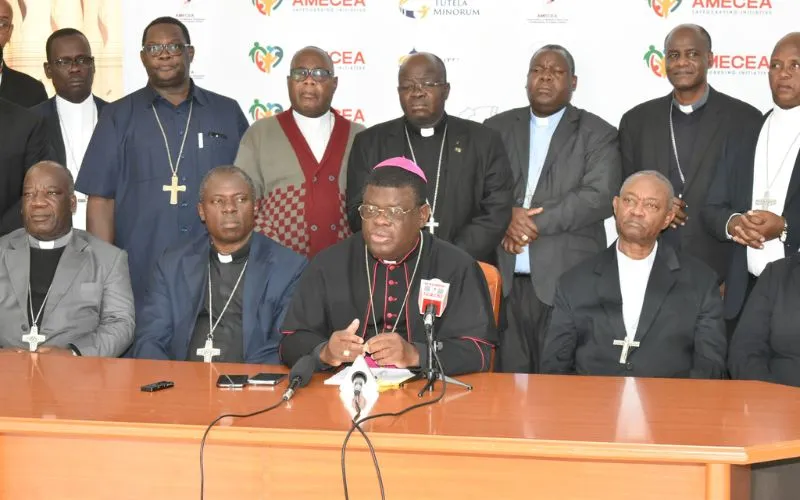 Credit: AMECEA
Credit: AMECEA
They urge all community members to join in this “crucial mission to ensure a future where children and vulnerable adults are safe, cherished, and nurtured.”



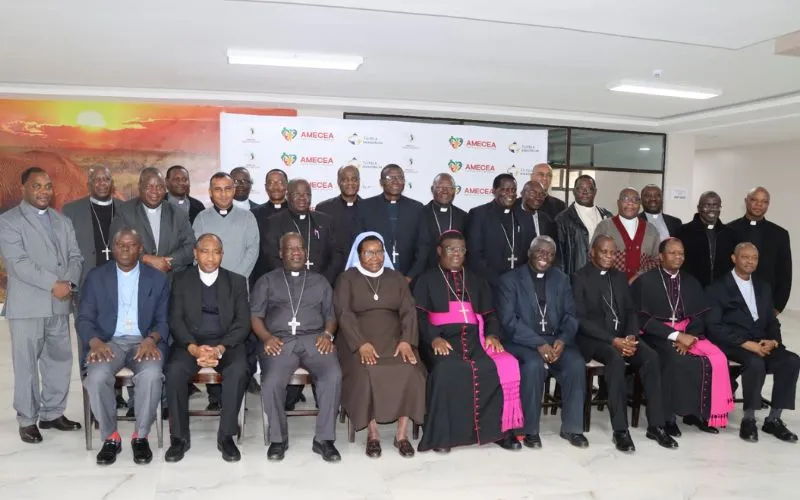
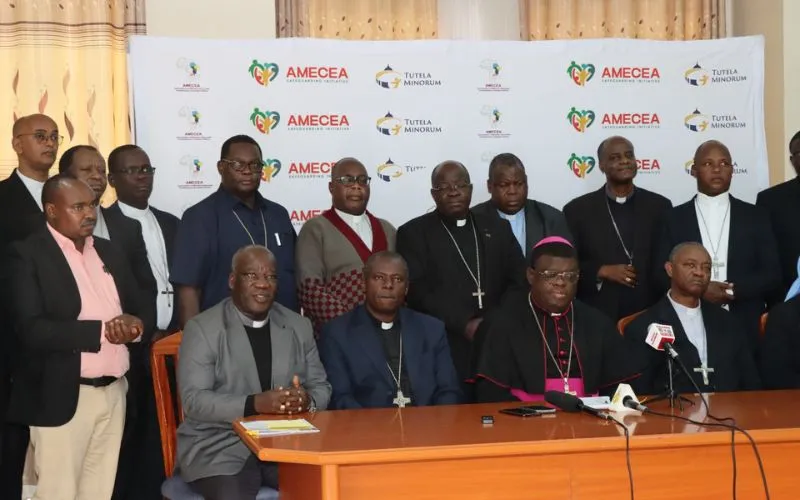 Credit: AMECEA
Credit: AMECEA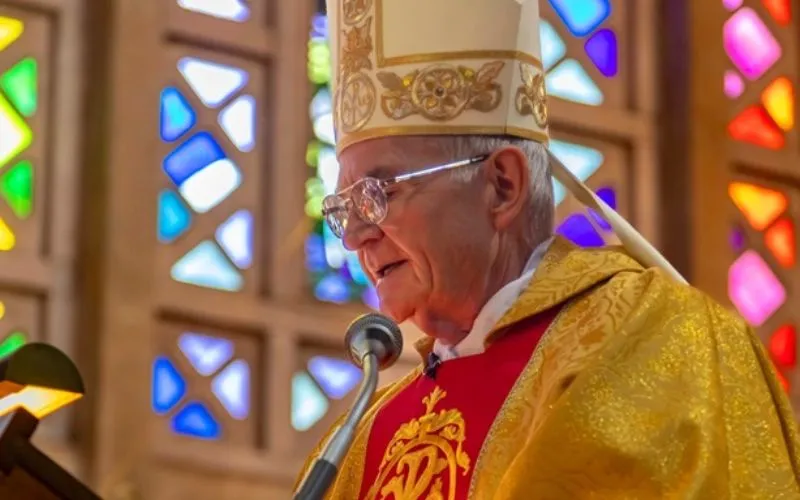
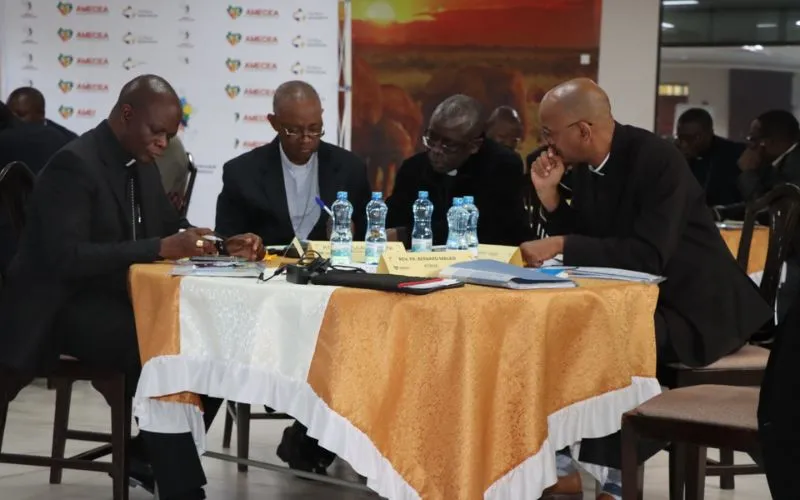 Credit: AMECEA
Credit: AMECEA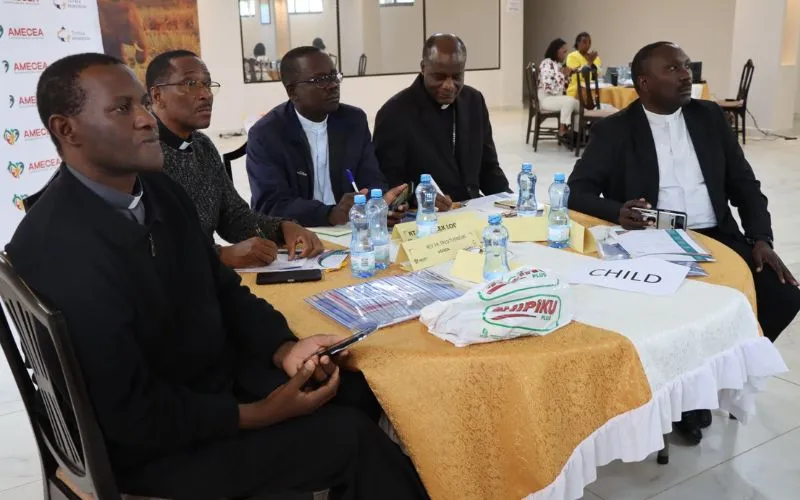 Credit: AMECEA
Credit: AMECEA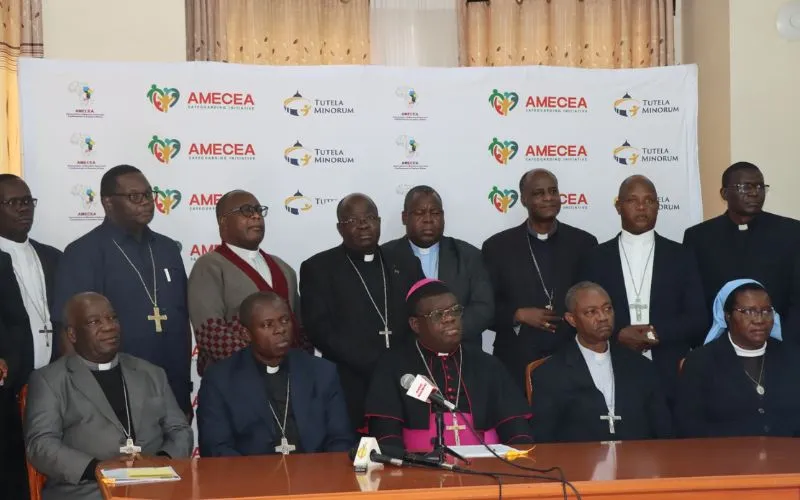 Credit: AMECEA
Credit: AMECEA 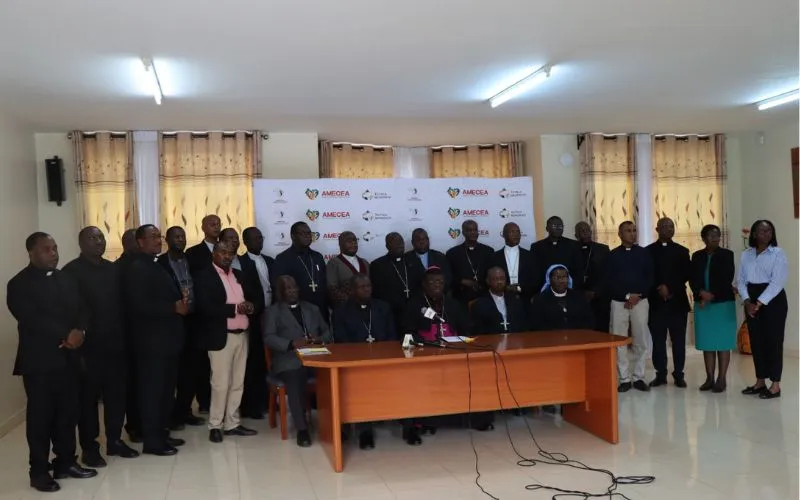 Credit: AMECEA
Credit: AMECEA


